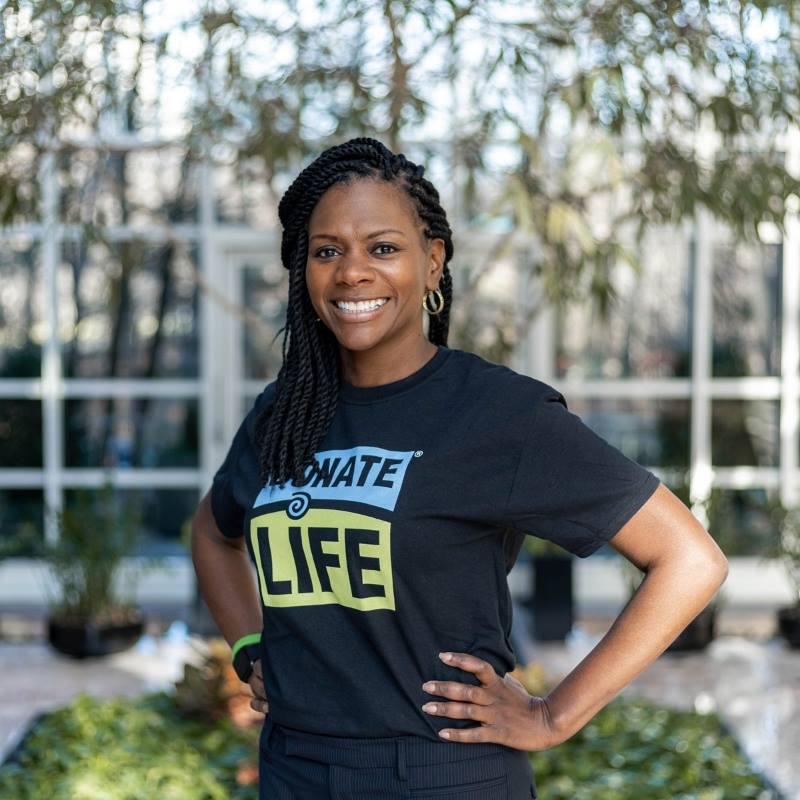MYTHS and MISCONCEPTIONS
Myth #1:
An open-casket funeral isn’t an option for people who have donated organs or tissues.
The Facts: Organ and tissue donation doesn’t interfere with having an open-casket funeral. The donor’s body is clothed for burial, so there are no visible signs of organ or tissue donation. Through the entire donation process, the body is treated with care, dignity and respect.
Myth #2:
Organ, eye and tissue donation is against my religion.
The Facts: All major religions support organ, eye and tissue donation as the ultimate act of charity. If you have specific questions about your faith’s views on donation, consult with your minister, pastor, rabbi or other religious leader.
Myth #3:
I’m too old to donate. Nobody would want my organs.
The Facts: Anyone can be an organ donor regardless of age, race or medical history. There’s no defined cutoff age for donating organs. The decision to use your organs is based on strict medical criteria, not age. Don’t disqualify yourself prematurely. At your time of death, medical professionals can decide whether your organs and tissues are suitable for transplantation.





